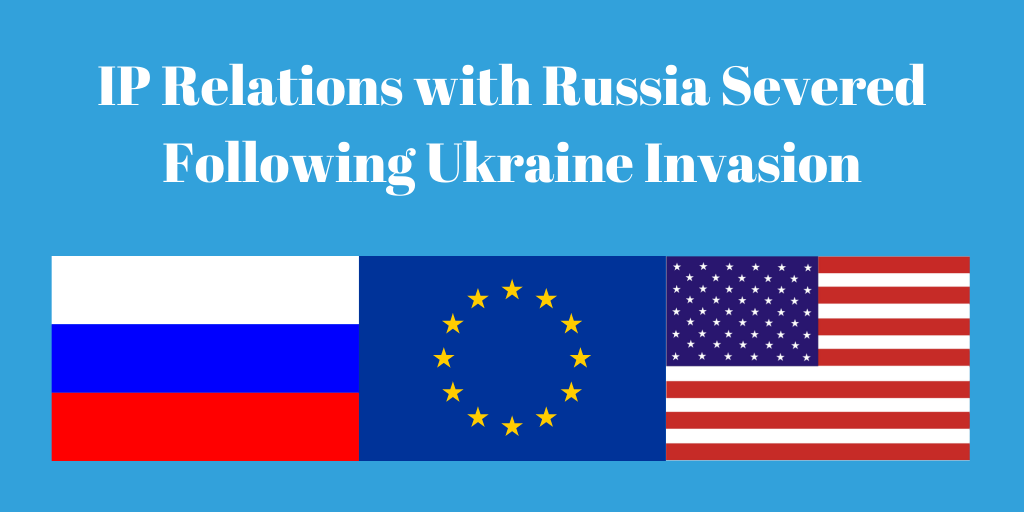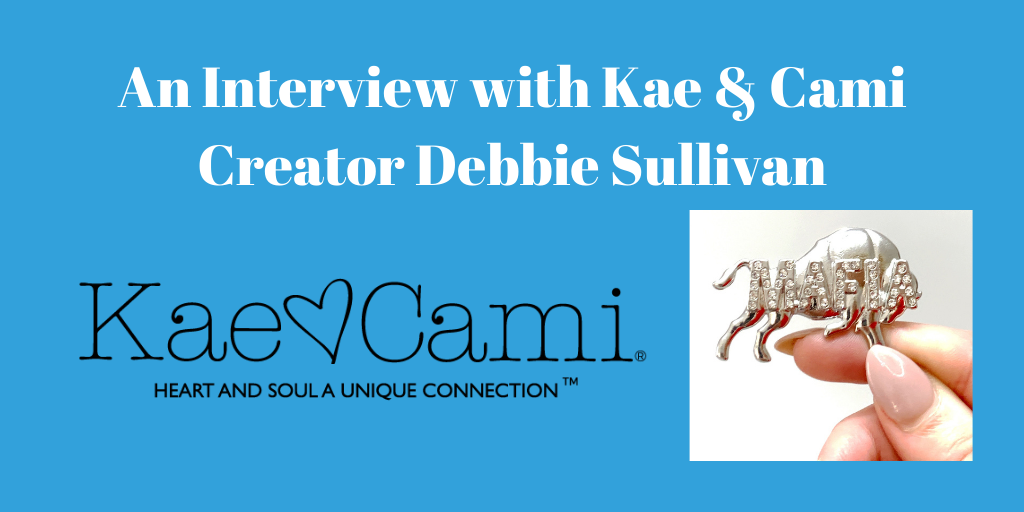Are you an Inventor?
If you have an invention or one is coming underway, this article is for you.
Creating an invention always brings some prospect of revenue. Inventions can vary on how much profit and revenue it brings to a business. Sometimes they bring a modest amount and sometimes they help the business rake in millions. However, even if your invention is extremely valuable in the long run, you may not be able to capitalize upon its worth if you don’t have the proper protection for it.
So how would you get protection for your invention? There are many forms, but patent protection may be your best bet of providing security for your invention.

What are patents?
There are several kinds of patents. From design patents to plant patents, different kinds of patents exist to protect different kinds of things. However, patents that specifically protect inventions are called utility patents. A utility patent confers the patent owner the right to exclude others from making, using, selling, offering for sale, or importing a device covered by a patent into the United States for about 20 years or so. By no means is 20 years insignificant. And here are 2 reasons why.
Reason 1: You’re more likely to be able to recoup your losses.
Start-ups and inventors probably spend a massive amount of time and resources making an invention. Being able to recoup all your losses would be really nice, right? But to recoup your losses, you need to profit from your invention, which sometimes require you to sell the invention or getting investment to manufacture and produce the invention to sell later on. However, getting a lot of sales or investment in your company is difficult when you have several competitors producing the same invention.
But a patent changes that entirely. As mentioned earlier, patent holders have the right to exclude others from making, using, selling, offering for sale, or importing an invention into the United States. This is an extremely strong form of protection and in sense would give the patent holder a monopoly over the invention. Having a monopoly over the invention will help earn back all the resources spent by preventing others from making or selling the invention.
So imagine having an entire monopoly on an invention for 20 years!

If what a patent protects is still vague or confusing to you, here’s an example that will hopefully resolve that. For simplicity’s sake, lets imagine you produce a widget that no one else made yet. It’s basically unknown to the world. You get a patent on that widget which allows you to be the only person with exclusive rights to that widget. If anyone produces the same or similar widget, you can stop them from doing so. It basically leaves you with the right to stop anyone from making the same widget.
But helping you recoup your losses and excluding others from making, using, or selling your invention is not the only reason why a patent is beneficial.
Reason 2: Having protection makes an invention more appealing.
When you have a patent on your invention, it arguably looks more appealing since there is strong protection covering it. Investors would be more at ease knowing that what they are investing in would not be easily appropriated by other companies. Patents could arguably discourage competitors from trying to reproduce the patented invention.
That sounds very attractive, doesn’t it?
However, getting a patent is no easy feat.
Utility patents are one of the strongest forms of intellectual property protection available in the United States. But several statutory and federal requirements must be satisfied before a patent can be granted. Some of the main requirements mandate that:
- the invention is novel,
- that it’s also nonobvious,
- qualify as patentable subject matter,
- and the invention have utility
But what do these all mean exactly? A good deal of training is usually required to know what may or may not satisfy these requirements. For example, lets take a look of what would be needed to satisfy the novelty requirement.
Novelty requires that the invention be new or that a prior art reference does not contain all the elements of the invention. But how exactly would you know what preexisting inventions contain the elements of the patented invention? Finding out what existing inventions are out there would generally require a patent search.
Patent searches can be simple or they can be utterly complex. Thus, some training is needed to conduct comprehensive patent searches. Generally, patent attorneys are quite competent in performing patent searches. Not only can a patent attorney conduct a patent search and account for all the needed requirements, but they can advise on the other statutory requirements as well.
Hmm, but you may be thinking “I can just do the patent search on my own right?”
And you wouldn’t be wrong in thinking that.
However, determining whether the invention is eligible for a patent may require more than just a patent search. There are a lot of things to consider when you are trying to get patent protection for your invention. For example, certain events called novelty defeating events may have occurred. If any novelty events have occurred, then the invention is no longer patentable. A lawyer can generally determine from the get go whether a novelty defeating event occurred.
This would save you a lot of time and money. Just imagine dedicating a substantial amount of time and money doing a patent search and filing a patent on your own, just to be told it’s not patentable. A patent attorney would be more than happy to help you avoid this.
(If you want to learn more about patents, click here)
What are your thoughts on the benefits of a patent? Leave us a comment and let us know what you think!
Interested in more patents? Here’s a video!
https://www.youtube.com/watch?v=IvwthGXe27w
Get Started Today!
Does this article interest you? Subscribe to the LoTempio Law email newsletter to receive posts and updates just like this conveniently in your email box!
If you’ve enjoyed this blog post, we have lots more where this came from, including an Inventors Guide Video Series where we help you turn your good idea into a profitable invention, and tons of other great content. Simply enter your email address and hit sign up and you’ll get everything, including blog posts like these, conveniently in your email box!
Have any questions? Give us a call at 1-800-866-0039. Consultations are FREE.
Disclaimer: This article is not intended to be legal advice and is meant to be for educational or entertainment purposes only. Please do not use the article or contents of the article without permission. For legal advice and questions, please contact registered Patent Attorney Vincent LoTempio.








